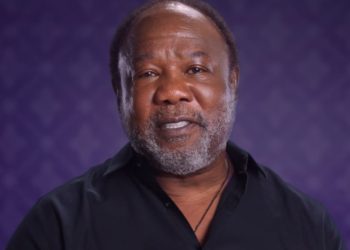Controversial Nigerian singer and music producer, Terry G, has sparked a heated conversation on social media after calling out what he described as a toxic mindset among fans and industry players in Nigeria. In a bold and reflective post shared on his Instagram page, the “Free Madness” crooner addressed the tendency to dismiss and disrespect veteran artistes who helped shape the Nigerian music landscape.
The artist, who rose to fame in the late 2000s with his energetic beats, eccentric performances, and street anthems, didn’t mince words in expressing his frustration at being overlooked despite his contributions to the industry.
“I hear people say ‘your time don pass’ and it sounds like brain damage.
In the West, legends are respected for life. No one calls Jay Z or Beyoncé outdated. Their impact is honored.
But here in Africa, especially Nigeria, we are quick to discard our own. That’s why we believe our ancestors were evil, while Western ancestors were seen as gods. It’s time to break free from that mindset.
If you don’t keep adding value to yourself and those around you, your worth will fade no matter how great you once were.
We must do better.”
Terry G’s powerful statement highlights a growing concern among many Nigerian entertainers who feel they are not celebrated enough, especially once the limelight shifts to the next wave of artistes. While global icons like Jay Z, Beyoncé, and Madonna are revered across generations, many African pioneers often find themselves battling irrelevance, not because their legacy has faded, but because the culture too quickly moves on without giving proper accolades.
For Terry G, this issue cuts deeper than personal recognition, it reflects a cultural mindset that undermines its own heroes. Once known as Nigeria’s “Akpako Master,” Terry G carved out a unique niche in the industry with his wild persona, catchy hooks, and fearless experimentation. Yet, in recent years, he has been relatively absent from mainstream buzz, despite his influence being visible in today’s street-hop sound and energy.
His post serves as both a personal reflection and a call to action: a challenge to fans, media platforms, and the industry at large to honor legacy, preserve culture, and respect artistry beyond the charts.
The comments under his post were filled with mixed reactions. Some fans agreed wholeheartedly, calling Terry G a “living legend” and acknowledging the impact of his era, while others criticized him for not evolving musically. Still, his message resonates with a larger conversation that extends beyond music, how Africa views its trailblazers across various industries.
As the Nigerian music industry continues to grow on the global stage, voices like Terry G’s serve as a reminder that true progress includes honoring the past, not discarding it.













